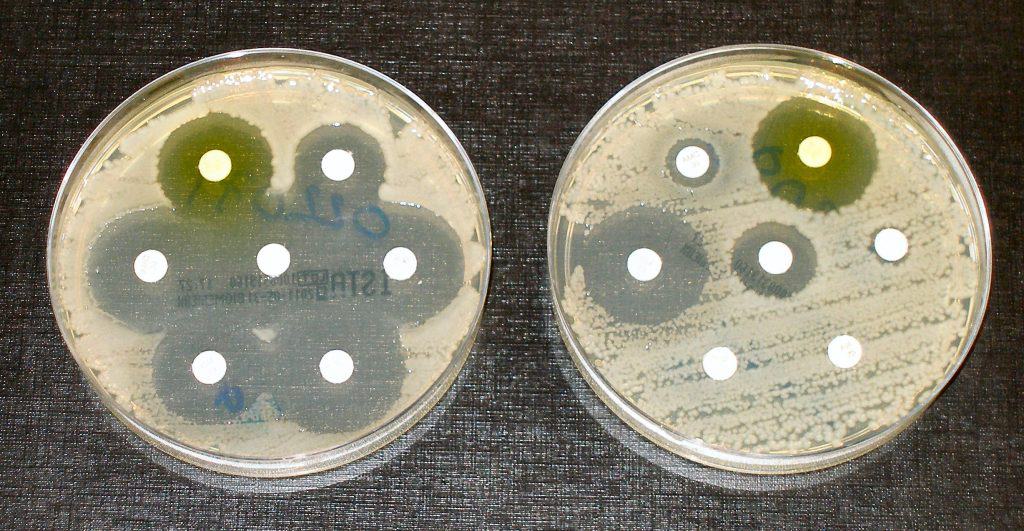
UK government launches plan to control AMR by 2040
pharmafile | January 24, 2019 | News story | Medical Communications, Research and Development | AMR, Antibiotics, Davos, Matt Hancock, UK
The British government has announced a plan through which it will incentivise pharmaceutical companies to develop drugs aimed at tackling antimicrobial resistance (AMR).
Speaking at the World Economic Forum in Davos, Matt Hancock stated his intentions to “contain and control” AMR by 2040.
In addressing the global elite, Hancock warned that: “Antimicrobial resistance is as big a danger to humanity as climate change or warfare,” as he suggested “That’s why we need an urgent global response.”
The Tory MP noted that even “a simple graze could be deadly” in a future in which AMR is ignored.
“Each and every one of us benefits from antibiotics but we all too easily take them for granted and I shudder at the thought of a world in which their power is diminished.” Hancock said.
Since 2015 the British government has cut antibiotic use by 7%. The Department of Health and Social Care’s plan aims to reduce the use of antibiotics by a further 15%, as new payment models would be introduced through which companies would be paid on the basis of the value they bring, rather than the quantity of antibiotics sold.
The government department pointed to a ‘global market failure’ as contributing to the AMR crisis. The government body noted that currently “companies have an incentive to sell as many antibiotics as possible at the same time as government is trying to reduce antibiotic use.”
“Low returns on investment in development means industry does not innovate enough and as a result, very few of the new drugs that are currently in the pipeline are targeted towards priority infections.”
As such, Britain’s cost effectiveness body NICE will explore new payment models which will “incentivise companies to invest in the development of drugs that will treat high-priority resistant infections.”
Mike Thompson, chief executive of the Association of the British Pharmaceutical Industry (ABPI) commented: “The UK has shown international leadership in raising the profile of this global health threat and today reinforces its commitment to finding solutions to the issues which have hampered the development of new medicines for so long.”
Former Goldman Sachs chief economist Jim O’Neill commented in stating that he was “pleased to see the government’s ambition, particularly on trialling a new model for antibiotics, and I’d love to see pharmaceutical companies rise to the challenge. I also would be eager to observe some step change in the use of diagnostics to reduce unnecessary use.”
The endorsement comes after the financier wrote last year that he was“shocked at the endless words that come from the pharma industry about their collective belief in the need to fight AMR, but the lack of concrete initiatives, and more importantly money, they are prepared to underwrite.”
Louis Goss
Related Content

Addenbrooke’s hospital offers first self-service digital eye test
Addenbrooke’s Hospital, Cambridge, has become the first in the UK to deploy a digital self-testing …

Digital Control Room, a major pharma provider, wins King’s Award for Enterprise
Buckingham Palace has announced that Digital Control Room, a software platform that monitors companies’ online …

Deadly cancers are being financially left behind, new research claims
New research has revealed that some of the UK’s most deadly and prevalent cancers receive …






